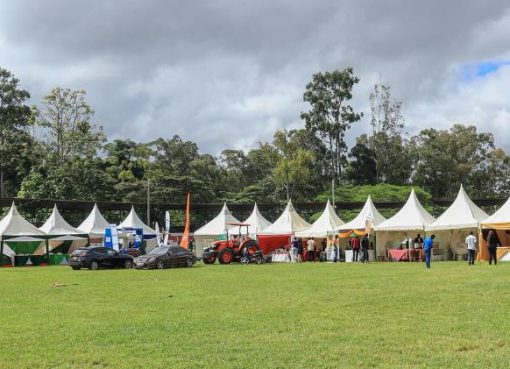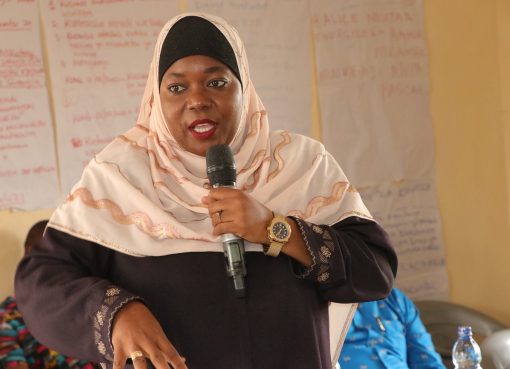Teachers and students who will be found to have been involved in Kenya Certificate of Secondary Education (KCSE) examination will face dire consequences after results are released.
Reaffirming the government’s commitment to deliver credible national examinations, State Department for University Education and Research Principal Secretary (PS), Dr Simon Nabukwesi, said a Multi-Agency Team had been able to dismantle cartels of individuals that were planning to steal the examinations.
Ambassador Nabukwesi indicated that the culture of exam cheating should not be condoned in a civilised society such as Kenya, noting that it was one of the root causes of moral decadence and runaway corruption.
Speaking today after witnessing the opening of examination container in Nakuru West, Deputy County Commissioner’s offices at Kapkures, the Principal Secretary (PS) said in the public interest, the Ministry of Education had ensured that professional ethics and moral conduct had been employed during the Kenya Certificate of Primary Education (KCPE) and KCSE examinations.
“We will not relent in safeguarding the integrity of exams and shunning exam malpractices. Schools can achieve consistently outstanding and superb academic results without cheating in the national exams,” stated Ambassador Nabukwesi.
He regretted that stiff competition and limited slots in both public secondary schools and public universities make many parents, teachers, examiners and security officers succumb to temptations of indulging in exam irregularities and malpractice.
“Since we have ensured credibility in the manner in which we administer national examinations, Kenyan students are able to compete among the best in both local and foreign institutions of higher learning. Our education system is one of the continent’s best and those hell bent on examination irregularities do not fit in it.” Dr Nabukwesi added.
He warned that any person who gains access to examination material and knowingly reveals the contents, whether orally or in writing, to an unauthorised party, whether a candidate or not, will be in violation of Section 27 of the Kenya National Examination Council (Knec) Act and the penalty will be imprisonment for a term not exceeding 10 years, or a fine not exceeding Sh2 million or both.
“Those caught impersonating legitimate candidates are subject to a two year jail term or a 2 million Kenyan shillings fine. If the imposter is a student, he/she will be barred for three years from sitting for an exam. Those who damage exam material can also be fined Sh5 million or be jailed for five years,” explained the Principal Secretary.
He similarly cautioned teachers mandated with setting the exams and oversight against aiding leakages, saying those found culpable will face the full wrath of the law.
On March 14, some 831,015 Form Four (4) students began sitting for the 2021 Kenya Certificate of Secondary Education examinations in 10, 413 centres spread across the country.
Ambassador Nabukwesi revealed that the number of candidates increased by 78,034, signifying a 9.39 per cent surge from the 752,981 candidates who sat the exams in 2020.
He urged teachers and parents to be role models of the younger generation by imparting values of hard work, honesty and integrity.
“The children are not guilty when it comes to examination irregularities. The guilty are the parents and mostly teachers, some of whom are just crooks. However, we have noticed that and we are closely monitoring bad elements and shall soon catch up with them,” Ambassador Nabukwesi said.
Since 2016, a multi-agency team comprising ministries of Education, ICT and Interior and other education stakeholders has been working hand in hand in monitoring distribution of examination materials.
“We have been able to deliver credible examination and our students have been called even to join international universities,” the Principal Secretary observed.
By Jane Ngugi and Dennis Rasto





